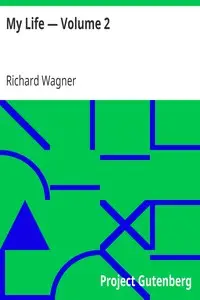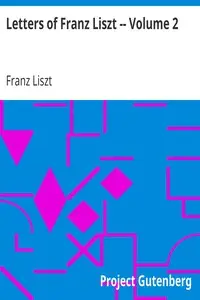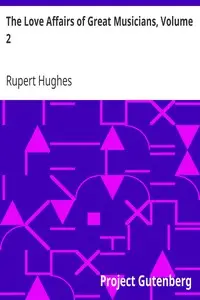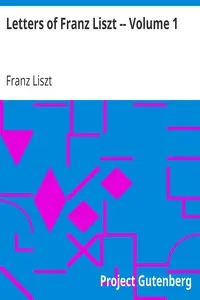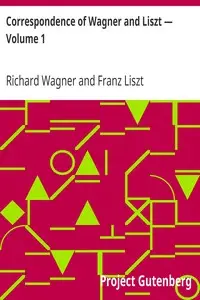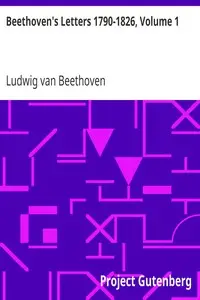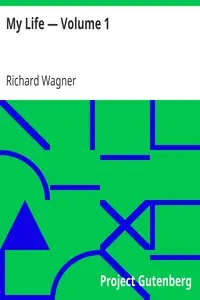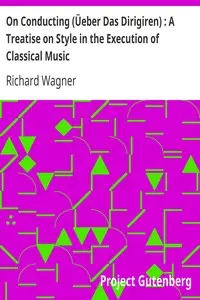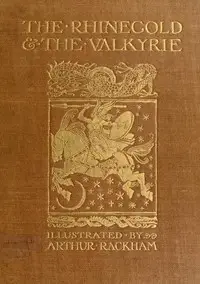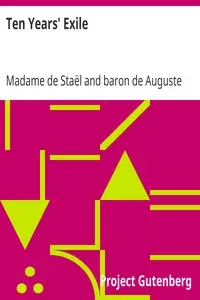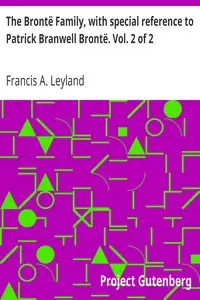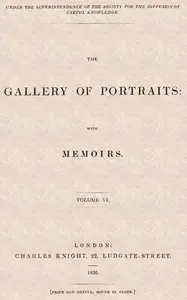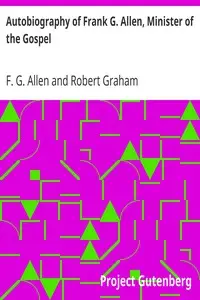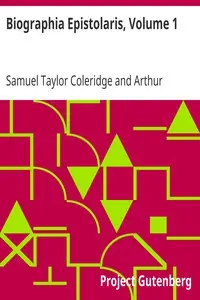Correspondence of Wagner and Liszt — Volume 2 by Richard Wagner captures a series of heartfelt letters exchanged between two influential classical musicians in the 1800s, revealing their deep friendship and artistic partnership. With Wagner's "Lohengrin" as a central theme, the letters show the discussions around the Leipzig performance, filled with praise and helpful suggestions from Liszt that highlighted Wagner's genius and creative struggles amid money problems and the need for recognition. Their correspondence explores themes of loyalty, creative expression, and overcoming obstacles.
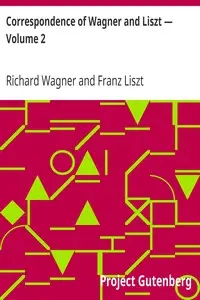
Correspondence of Wagner and Liszt — Volume 2
By Richard Wagner
Witness the intimate and emotional exchange between two brilliant composers as they navigate the treacherous waters of the music world and life itself.
Summary
About the AuthorWilhelm Richard Wagner was a German composer, theatre director, polemicist, and conductor who is chiefly known for his operas. Unlike most opera composers, Wagner wrote both the libretto and the music for each of his stage works. Initially establishing his reputation as a composer of works in the romantic vein of Carl Maria von Weber and Giacomo Meyerbeer, Wagner revolutionised opera through his concept of the Gesamtkunstwerk, by which he sought to synthesise the poetic, visual, musical and dramatic arts, with music subsidiary to drama. He described this vision in a series of essays published between 1849 and 1852. Wagner realised these ideas most fully in the first half of the four-opera cycle Der Ring des Nibelungen.
Wilhelm Richard Wagner was a German composer, theatre director, polemicist, and conductor who is chiefly known for his operas. Unlike most opera composers, Wagner wrote both the libretto and the music for each of his stage works. Initially establishing his reputation as a composer of works in the romantic vein of Carl Maria von Weber and Giacomo Meyerbeer, Wagner revolutionised opera through his concept of the Gesamtkunstwerk, by which he sought to synthesise the poetic, visual, musical and dramatic arts, with music subsidiary to drama. He described this vision in a series of essays published between 1849 and 1852. Wagner realised these ideas most fully in the first half of the four-opera cycle Der Ring des Nibelungen.

